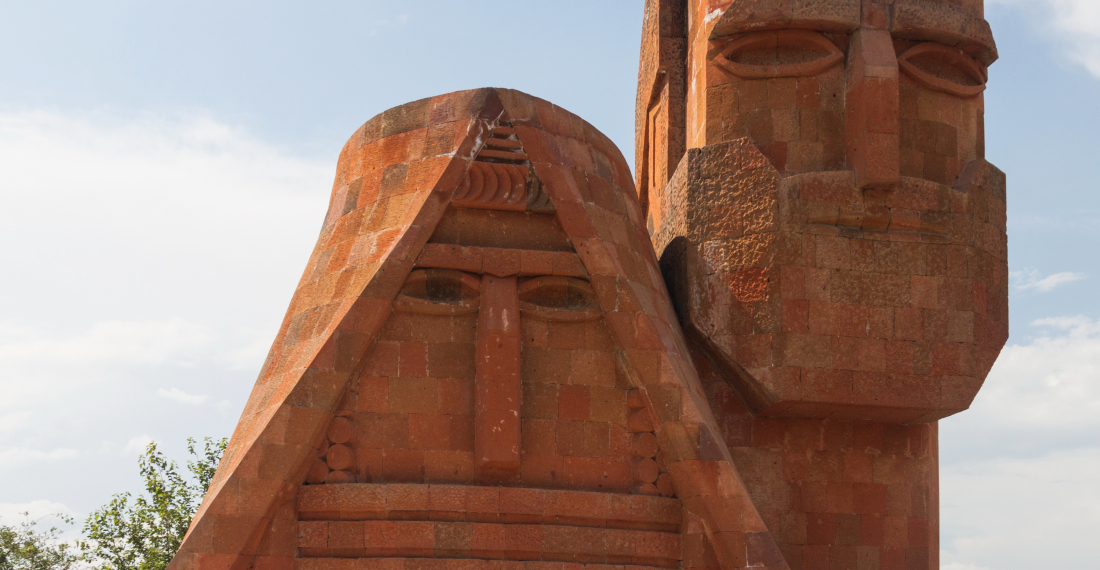"The current impasse on the movement on the Lachin corridor can lead to the complete evacuation of the Armenian population of Nagorno-Karabakh. Besides the legal, moral, and logistical impediments to implementing such an initiative, it will become a geopolitical disaster for the region. It will only deepen the mistrust and hatred between Armenians and Azerbaijanis and prepare a subsequent cycle of violence in the future, as Armenians will take all steps to avenge such a national humiliation", writes Benyamin Poghosyan, in this op-ed for KarabakhSpace.
There are no optimal solutions that will satisfy all sides. The choice will be made between bad, worse, and the worst options. The only way out is to find a "middle way," which may include restoring the supply of goods to Nagorno Karabakh via the Lachin corridor and simultaneously using other routes. Meanwhile, Azerbaijan should finally present its vision of the future of Nagorno Karabakh Armenians, with a detailed description of their rights and mechanisms to protect them. The general statements about Armenians having the same rights as any other Azerbaijani citizen according to the Azerbaijani constitution are not sufficient. Otherwise, even if a short-term solution alleviates the humanitarian disaster in Nagorno Karabakh, the crisis will remain there,with no light at the end of the tunnel.
Read the op-ed in full on KarabakhSpace here






